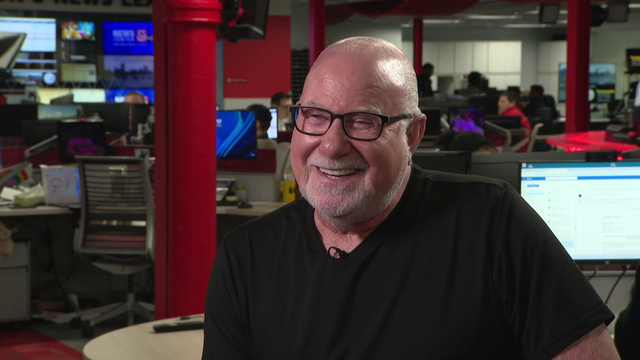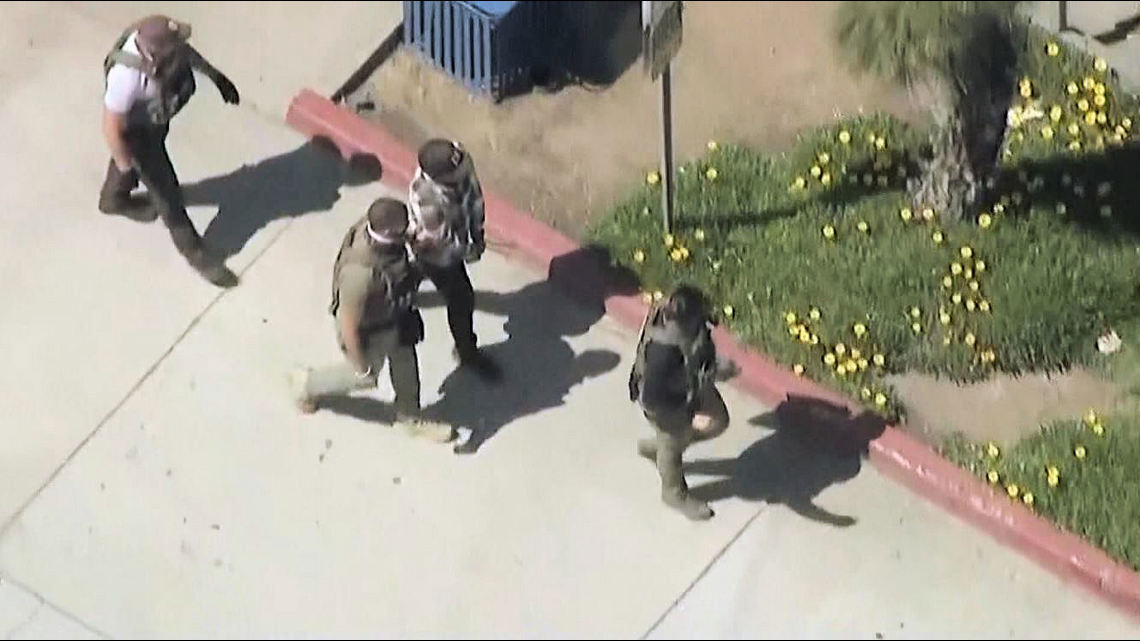Ethical Breakdown: EY Whistleblower Reveals Wirecard Scandal's Lingering Shadows

In a startling accusation, whistleblower Joe Howie claims that the company deliberately undermined its promised anti-fraud protocols following a significant scandal in Germany. Howie suggests that despite public commitments to strengthen fraud detection measures, the firm actually diluted its investigative strategies, potentially leaving itself vulnerable to future misconduct.
The allegations point to a troubling pattern of corporate behavior where initial promises of reform appear to have been little more than a superficial response to public pressure. By reportedly watering down the very safeguards meant to prevent fraudulent activities, the company may have compromised its own integrity and risk management processes.
Howie's claims raise serious questions about the organization's genuine commitment to transparency and ethical practices. His revelations challenge the firm's public narrative and suggest a potential disconnect between its stated principles and actual operational strategies.
As the story unfolds, stakeholders and regulators are likely to scrutinize the company's actions closely, seeking to understand the full extent of these alleged fraudulent risk management failures and their potential broader implications.








